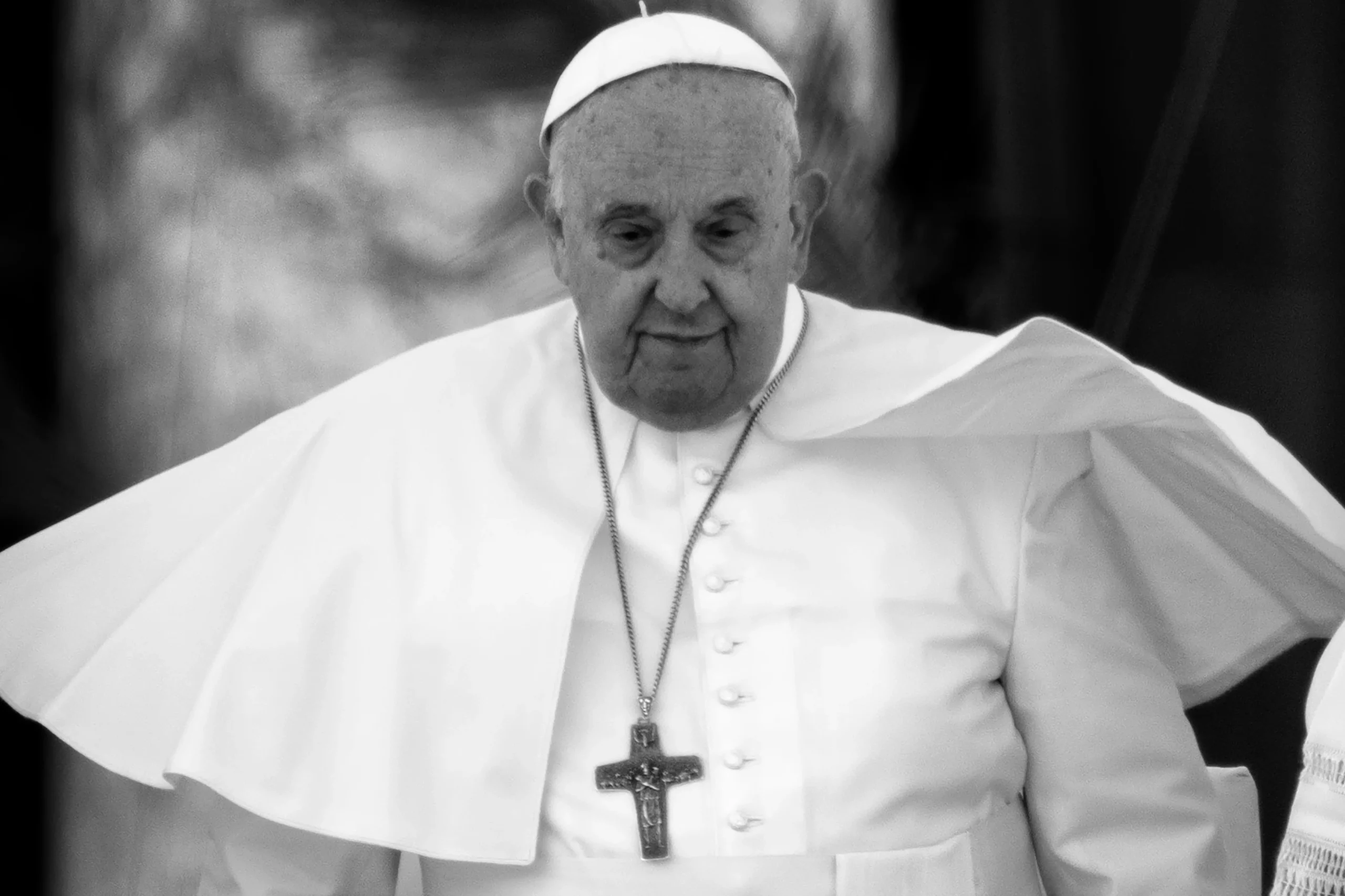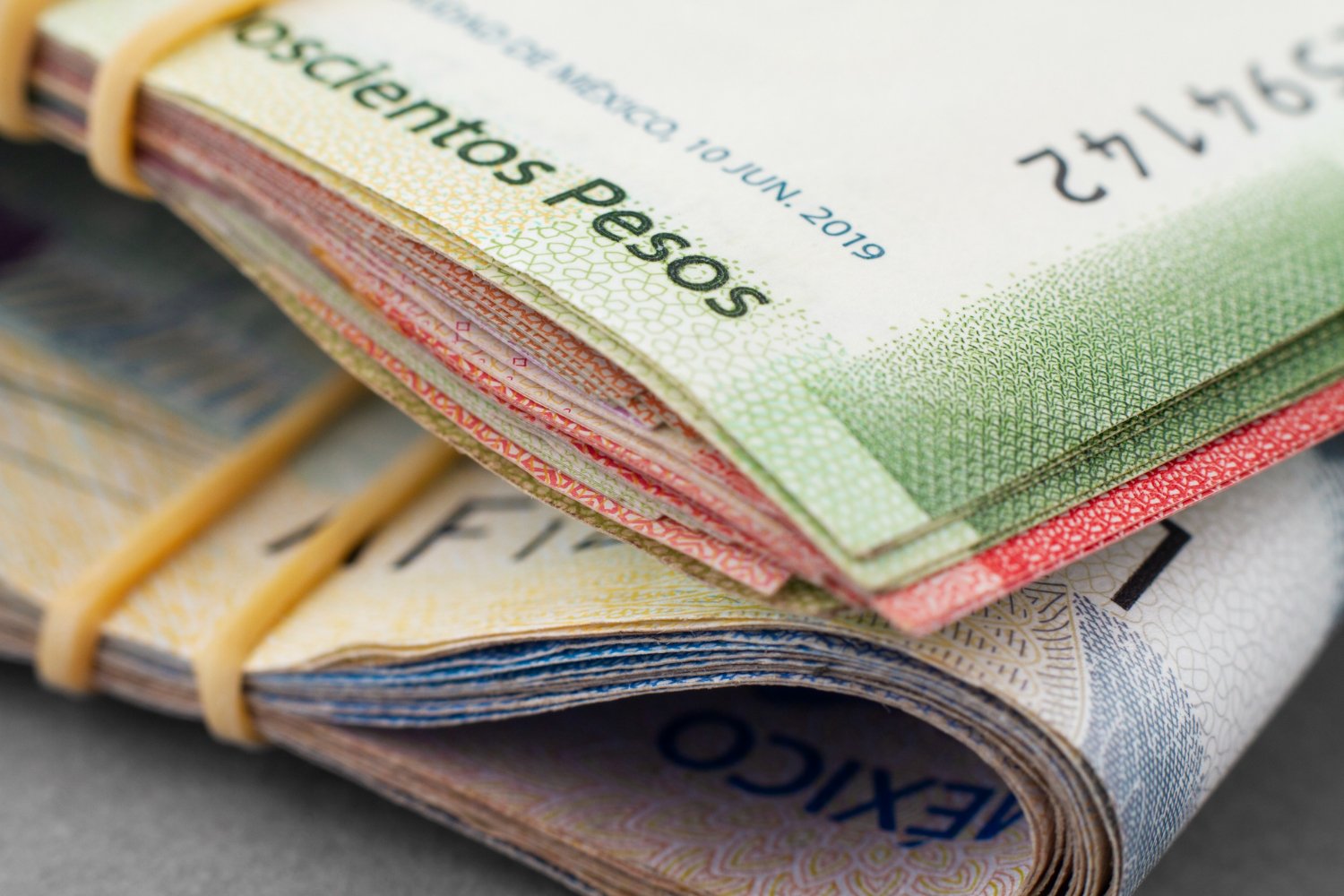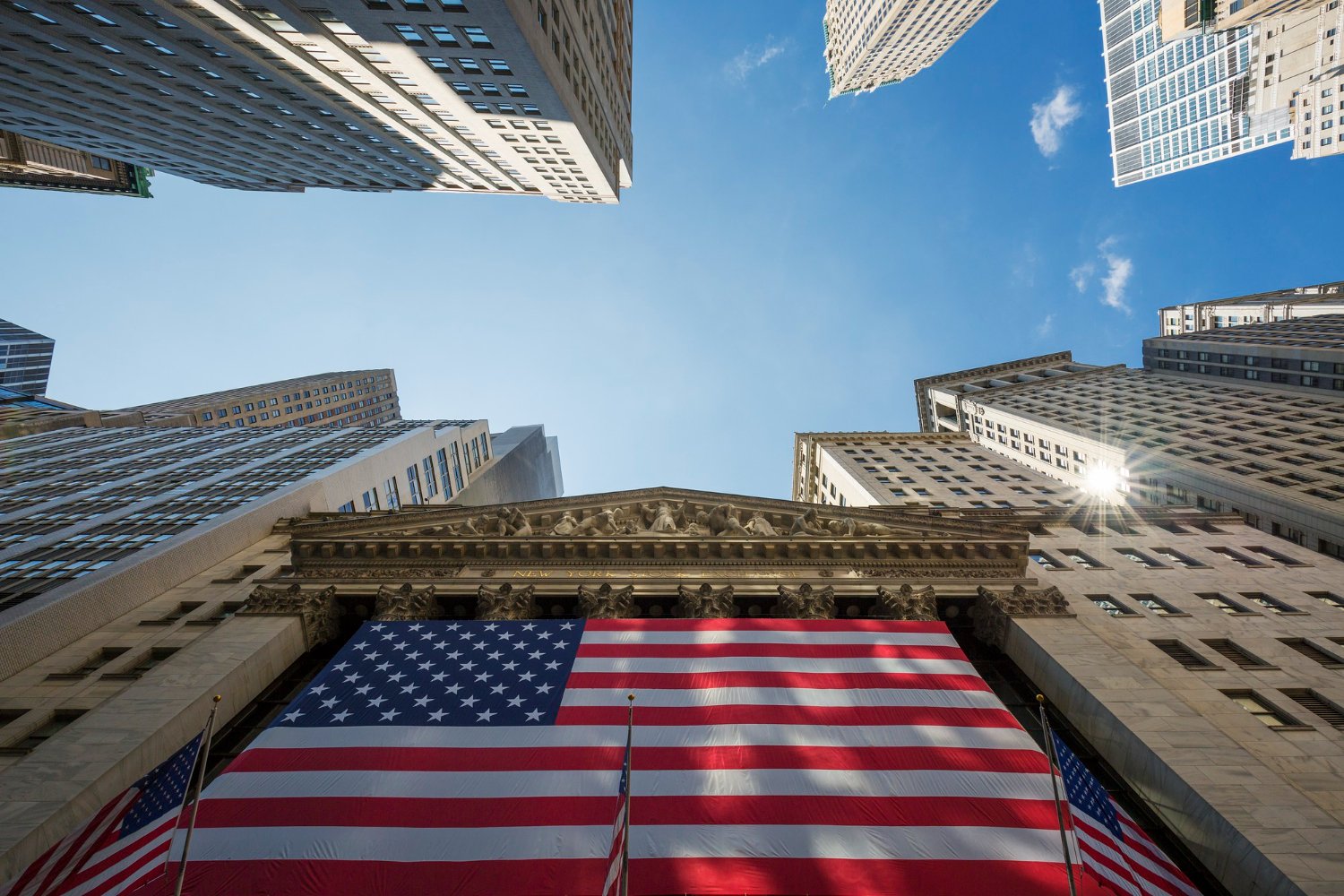
- media@moneyinfocus.news

The world bids farewell to Pope Francis, who passed away on the morning of Monday, April 21, at the age of 88, in his residence at Casa Santa Marta in Vatican City. The announcement was made by Cardinal Kevin Farrell, who expressed the sorrow of the Church and all the faithful in stating that “the bishop of Rome has returned to the house of his Father.”
Pope Francis, known for his innovative and welcoming approach, was the first Latin American pontiff in the history of the Catholic Church, bringing a fresh perspective to the papacy. Since his appointment in March 2013, he devoted his life to serving the Lord and promoting the values of the Gospel, with a particular focus on social issues and advocating for the poor and marginalized.
Farrell emphasized that Pope Francis’s life was a testament to fidelity, courage, and universal love. “He taught us the importance of conveying Christ’s message to all, regardless of their social status, race, or belief. His tireless fight for the rights of the needy and his inclusive vision for the Church have left a legacy that will be remembered for generations,” the Cardinal stated.
“With immense gratitude for his example as a disciple of the Lord Jesus, we commend the soul of Pope Francis to the infinite and merciful love of God the One and Triune,” he reinforced. The video, recorded in the chapel of Casa Santa Marta, was also attended by the Secretary of State, Cardinal Pietro Parolin, and the Substitute Secretary of State, Venezuelan Edgar Peña Parra.
After his hospitalization at Gemelli Hospital in Rome, the health of the supreme pontiff was deemed “complex.” In addition to a polymicrobial infection that required intensive treatment, he developed bilateral pneumonia, complicating his situation further. Despite medical efforts and treatment with antibiotics and cortisone, his condition worsened in the final hours. Throughout his hospitalization, Francis remained conscious, in good spirits, and constantly in prayer.
During his papacy, Pope Francis faced significant challenges, including the refugee crisis, global warming, and the need for internal reform within the Church. With his charisma and empathy, he not only renewed the dialogue between the Church and the world but also inspired millions to pursue a more inclusive and supportive life.
Jorge Mario Bergoglio was born on December 17, 1936, in Buenos Aires, Argentina, to an Italian immigrant family. From a young age, he showed a strong religious vocation, entering the seminary and later joining the Society of Jesus (Jesuits), where he was ordained a priest.
He was ordained in 1969 and became a central figure within the Argentine Church. In 1998, he was appointed Archbishop of Buenos Aires, and in 2001, he received the title of cardinal from Pope John Paul II. His pastoral work was characterized by a closeness to the more vulnerable sectors of society, earning him the respect and affection of the people.
On March 13, 2013, following the historic resignation of Benedict XVI, Bergoglio was elected the 266th pope of the Catholic Church, becoming the first Latin American pontiff and the first Jesuit to ascend to the Throne of Saint Peter. He chose the name Francis in honor of Saint Francis of Assisi, reflecting his commitment to humility, simplicity, and the defense of the poor.
Pope Francis did not participate in any of the Holy Week rituals as he was still recovering after spending 38 days in the hospital due to bilateral pneumonia, being discharged on March 23.
Francis traveled through St. Peter’s Square in a papamobile for several minutes, pausing to bless some children, although he appeared visibly weakened and had difficulty moving.
Religious and political leaders from around the globe are expressing their tributes to the pontiff. The Catholic community comes together in prayer, reflecting on the impact Pope Francis had on their lives and their commitment to promoting peace and social justice.

We are a dynamic daily channel dedicated to delivering essential insights on economics, business, and politics—empowering professionals and decision-makers to navigate a complex and fast-evolving world. Our content blends in-depth reporting, exclusive analysis, and strategic interviews to help readers stay informed, anticipate opportunities, and make smarter decisions. Connect with us at info@moneyinfocus.news
to collaborate or learn more.













